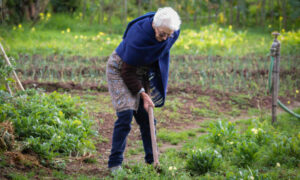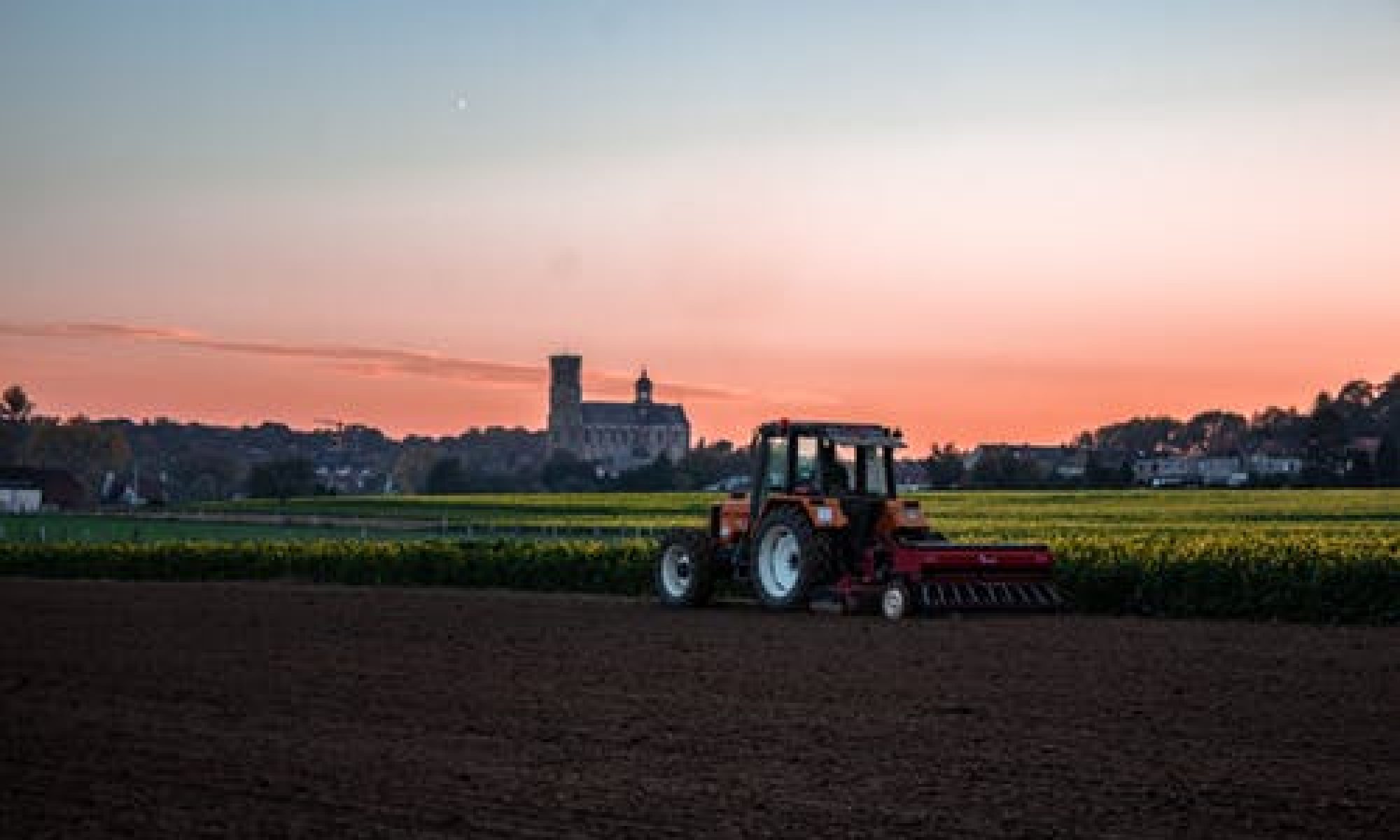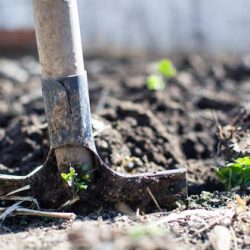
Gardening can be a beneficial and enjoyable activity for people of all ages, but it can be particularly beneficial for the elderly. Here are some reasons why:
Physical activity: Gardening requires physical activity such as digging, planting, weeding, and watering. These activities can provide a low-impact form of exercise that can help maintain physical fitness, flexibility, and strength, which is especially important for the elderly.
Mental stimulation: A health home care provider told me gardening can also provide mental stimulation and a sense of accomplishment. Elderly people who garden often experience increased feelings of self-worth and accomplishment as they watch their plants grow and thrive.
Social interaction: Gardening can also provide opportunities for social interaction. Elderly people who garden may be able to connect with other gardeners in their community and share tips, stories, and experiences. This social interaction can be especially important for seniors who may be isolated or lonely.
Exposure to sunlight: Gardening can also provide exposure to sunlight, which can help boost vitamin D levels. Vitamin D is important for bone health and has been linked to a reduced risk of certain diseases.
Fresh produce: Gardening can also provide access to fresh produce, which is important for maintaining a healthy diet. Elderly people who garden may be able to grow their own fruits and vegetables, which can be more affordable and convenient than purchasing them from a grocery store.
Overall, gardening can be a wonderful activity for the elderly, providing physical and mental benefits, social interaction, exposure to sunlight, and access to fresh produce.

